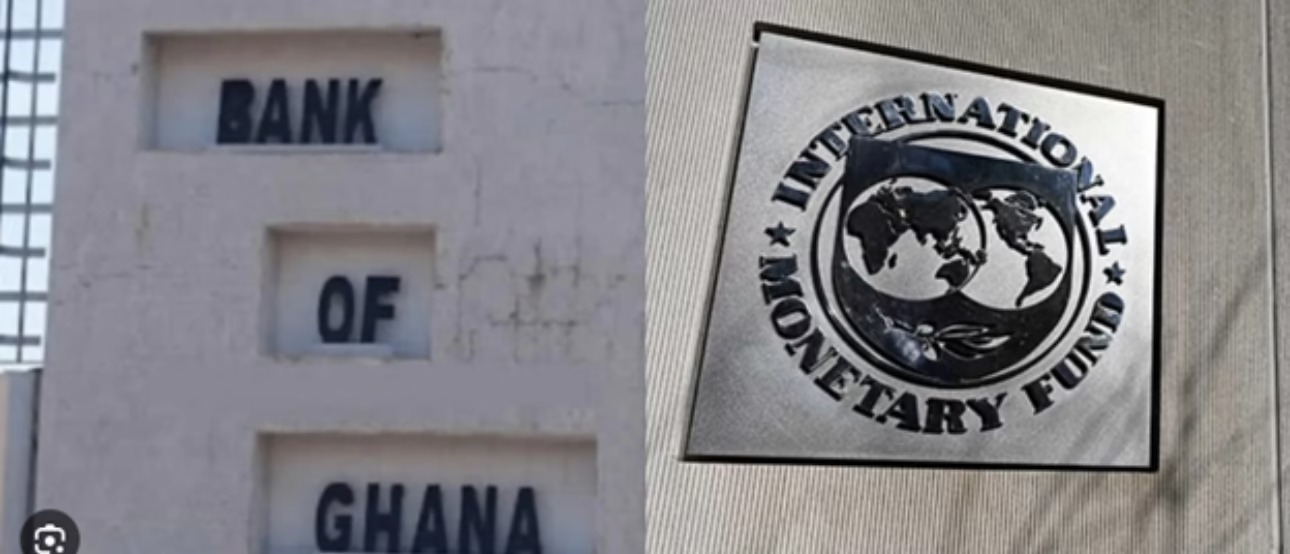IMF Dollar Injection Directive Exposes Ghana’s Fragile Economy

The International Monetary Fund (IMF) has reportedly directed the Bank of Ghana to scale back its dollar injections into the local economy, reigniting debate about the country’s economic fundamentals, political management, and the real impact on ordinary citizens.
For decades, Ghana’s economic stability has hinged precariously on foreign currency support, particularly the US dollar. The cedi’s frequent fluctuations against the dollar have direct consequences for businesses, importers, and everyday Ghanaians. While governments have turned to central bank interventions to manage the exchange rate, analysts warn that this approach only papers over deeper structural weaknesses.
The Politics of Dollar Injections
Under the New Patriotic Party (NPP) administration, Ghana’s foreign reserves once stood at a healthy USD 9 billion. In theory, this cushion gave the Bank of Ghana the ability to inject dollars and stabilize the cedi. However, IMF directives at the time discouraged heavy interventions, insisting on market discipline to preserve reserves and build long-term confidence.
When the NPP lost power, the succeeding National Democratic Congress (NDC) government took a different stance. Defying IMF caution, the NDC administration injected USD 470 million and more into the economy, temporarily bringing down the exchange rate. The move sparked public jubilation as the cedi appeared stronger, giving businesses and households short-term relief.
But beneath the celebrations, the real value of the dollar remained unchanged — and importers soon discovered that while the headline rate looked good, banks could not meet their demands for foreign currency. The gap between official rates and actual access to dollars exposed the unsustainability of the intervention.
A Weak Economic Structure
Economists point out that Ghana’s reliance on dollar injections underscores a structurally weak economy. Heavy dependence on imports for essential goods, limited export diversification, and the politics of short-term fixes have left the economy vulnerable. Each administration faces pressure to stabilize the cedi quickly, but without addressing productivity, industrialization, and export competitiveness, interventions are mere stopgaps.
“The dollar problem is not just about central bank strategy — it’s about Ghana’s production capacity and economic fundamentals,” one financial analyst told Nsemgh. “As long as imports outpace exports, and politics overrides sound policy, the cedi will remain under pressure.”
The Way Forward
Observers argue that sustainable stability requires a shift away from politically motivated injections toward long-term reforms. These include boosting local industries, improving export value chains, enforcing fiscal discipline, and aligning monetary interventions with structural economic growth.
In the short term, however, Ghanaians continue to feel the bite of dollar shortages, high import costs, and fluctuating exchange rates. With IMF oversight tightening, the space for governments to “manage” the cedi politically is shrinking — leaving ordinary citizens to bear the consequences of a fragile economy caught between international directives and domestic pressures.

